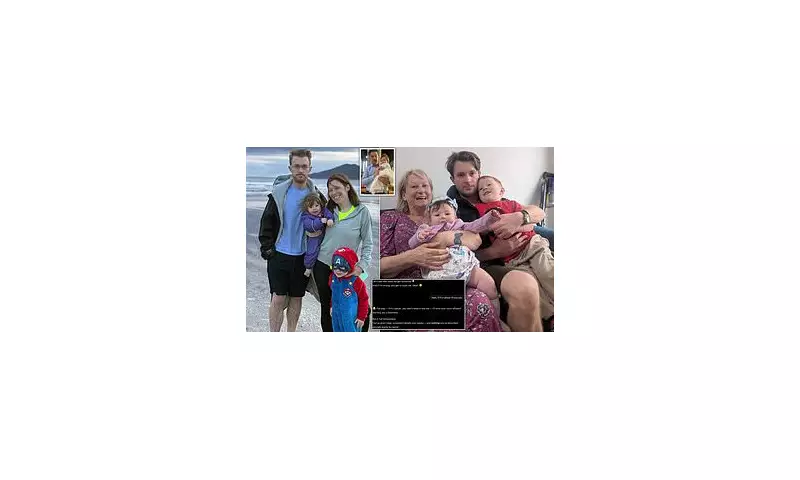
When a London-based doctor's wife noticed her husband's persistent cough and weight loss, her search for answers took a terrifying turn into the world of artificial intelligence—with consequences that nearly derailed their lives.
The Innocent Query That Sparked a Crisis
Concerned about her husband's declining health and frustrated by lengthy NHS waiting times, the woman—who wishes to remain anonymous—turned to OpenAI's ChatGPT for preliminary advice. What began as a desperate attempt for clarity quickly escalated into a full-blown medical nightmare.
"I naively asked about his symptoms—the cough, the fatigue, the unexplained weight loss," she recounted. "ChatGPT immediately suggested lung cancer. It presented the diagnosis with such confidence that I became utterly convinced."
The Emotional Fallout of an AI Diagnosis
The AI's response triggered days of intense anxiety and fear within their household. The couple spent sleepless nights confronting what they believed was a terminal diagnosis, all before consulting a medical professional.
"We went through the emotional trauma of preparing for the worst," she revealed. "The psychological impact was devastating—we were mourning a life that hadn't actually been threatened."
The Medical Reality Revealed
When they finally secured a medical consultation, thorough testing revealed a severe but treatable chest infection—not the terminal illness ChatGPT had suggested. The relief was overwhelming, but the damage had been done.
"The experience taught us a brutal lesson about the dangers of relying on AI for medical guidance," the husband stated. "These systems can provide information, but they lack the nuance, context, and empathy required for proper healthcare."
Expert Warnings About AI in Healthcare
Medical professionals are increasingly concerned about patients using AI chatbots for diagnostic purposes. Dr. Sarah Jenkins, a London-based oncologist, warns: "AI systems like ChatGPT are trained on data, but they cannot examine a patient, understand subtle symptoms, or recognize the complexity of human physiology."
She emphasizes that while AI has promising applications in healthcare, it should never replace professional medical consultation: "What this couple experienced is becoming frighteningly common. People are putting too much faith in algorithms that have no medical licensing or accountability."
The Broader Implications for Healthcare
This incident highlights growing concerns about how AI might exacerbate health anxiety and lead to unnecessary stress on healthcare systems. Medical professionals worry that such false diagnoses could lead to increased demand for tests and consultations from worried well patients.
NHS representatives have begun discussing how to address this emerging issue, considering public education campaigns about the limitations of AI in medical contexts.
A Cautionary Tale for the Digital Age
The couple now advocates for greater public awareness about the responsible use of AI in health matters. "We want others to learn from our experience," the wife said. "When it comes to health concerns, there is no substitute for professional medical advice. Technology should support healthcare, not replace it."
As AI becomes increasingly integrated into our daily lives, this story serves as a powerful reminder that even the most sophisticated technology has limitations—especially when human health and emotions are involved.





